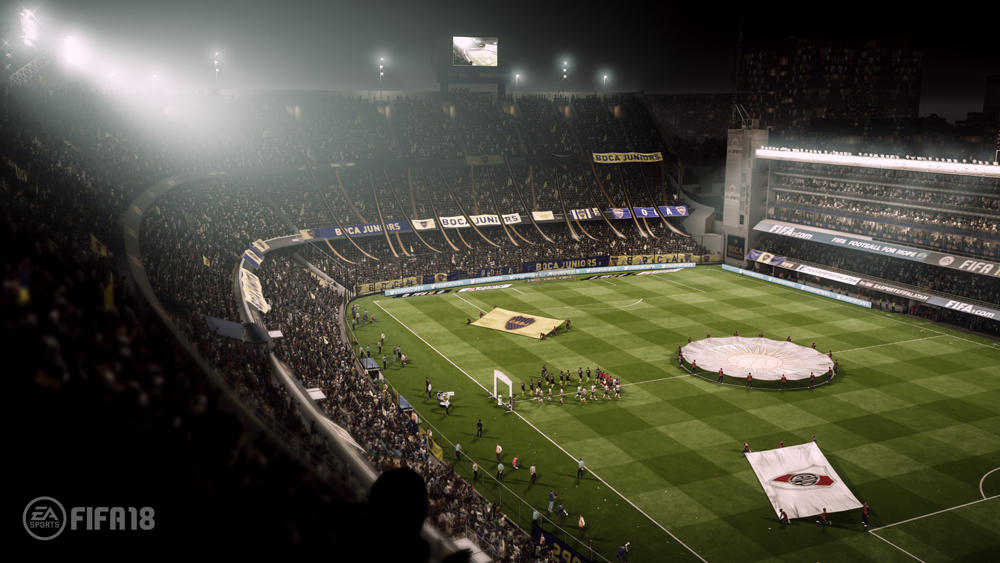


Theatres were expanded to accommodate the needs of opera, or even newly built to accommodate it. So it was that the first public opera, the now-lost Andromeda by the now-forgotten Francesco Manelli was given in 1637. In this it was aided by a number of existing small theatres owned by the patrician families of Venice in which the ever-popular commedia dell’arte shows were given to socially mixed audiences. It's republican credentials made it the ideal place for opera to undertake a critical step forward - to expand from being simply courtly spectacle to public entertainment. It is to Venice that the story now moves. The subject of these first operas was the fable of Orfeo, though the title L’Euridice was named after the wife Orfeo famously tried to claim back from the underworld. Much controversy surrounds this momentous event, but it seems that the performance given in the Palazzo Bardi in Florence on 6 October was a composite version including music by both composers. In 1600 two settings of a text (or libretto) by Ottavio Rinuccini, another member of the Camerata, in the new style appeared with music by Giulio Caccini and Jacopo Peri.

Appropriately (and for historians conveniently) opera’s birth arrived with the new century. At first put to service in the spectacular court festivities that included entertainments called intermedi, recitative was soon adopted to form the basis of a new kind of drama - opera. Called recitative it was soon taken up by the composers in the Camerata, among them Giulio Caccini and Jacopo Peri. A misreading of sources meant that they failed, but their experiments led to the creation of a new kind of music based on speech rhythms. They held meetings at which they theorized about the way in which ancient Greek drama and its music was performed. It starts as a very Renaissance story in Florence in the early 1570s with a group of noblemen, scientists and artists who called themselves the Camerata.


 0 kommentar(er)
0 kommentar(er)
